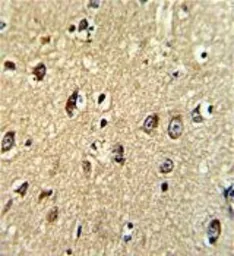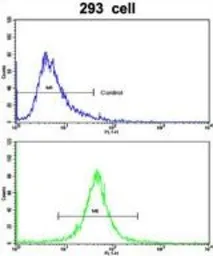MRP5 antibody, Internal
Cat. No. GTX81163
Cat. No. GTX81163
-
HostRabbit
-
ClonalityPolyclonal
-
IsotypeIgG
-
ApplicationsWB IHC-P FCM
-
ReactivityHuman


